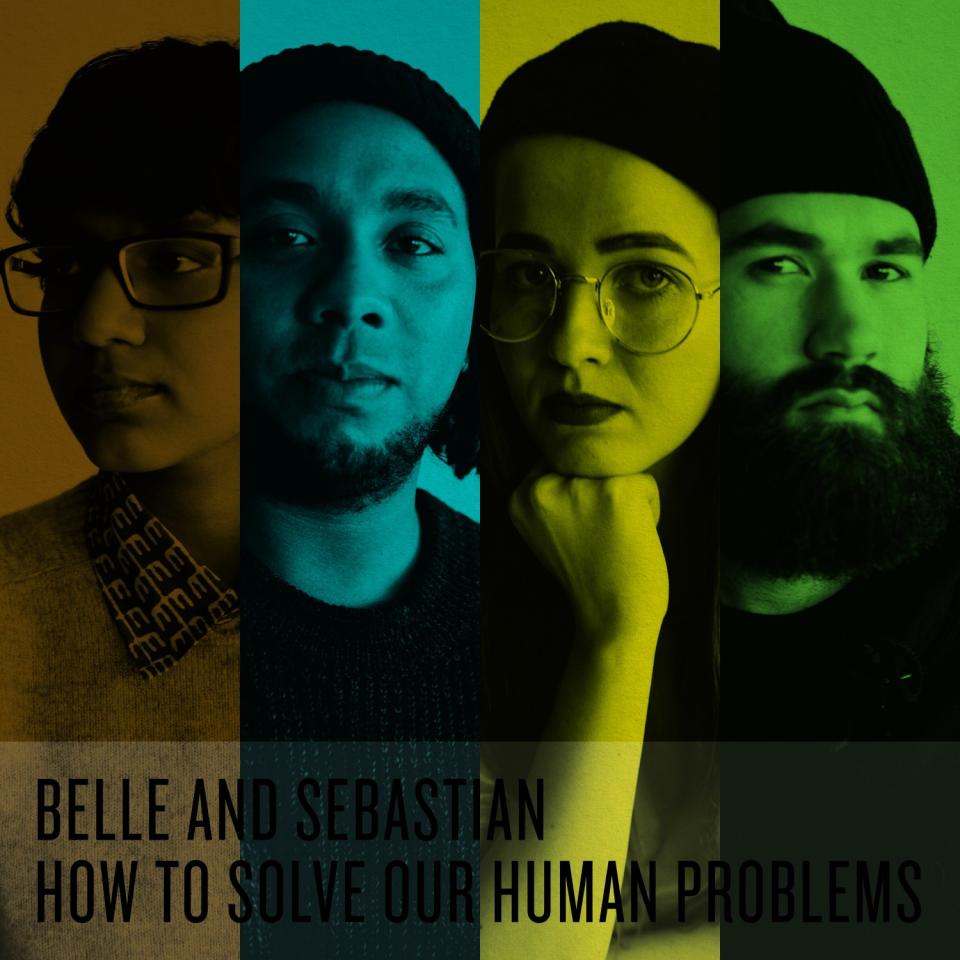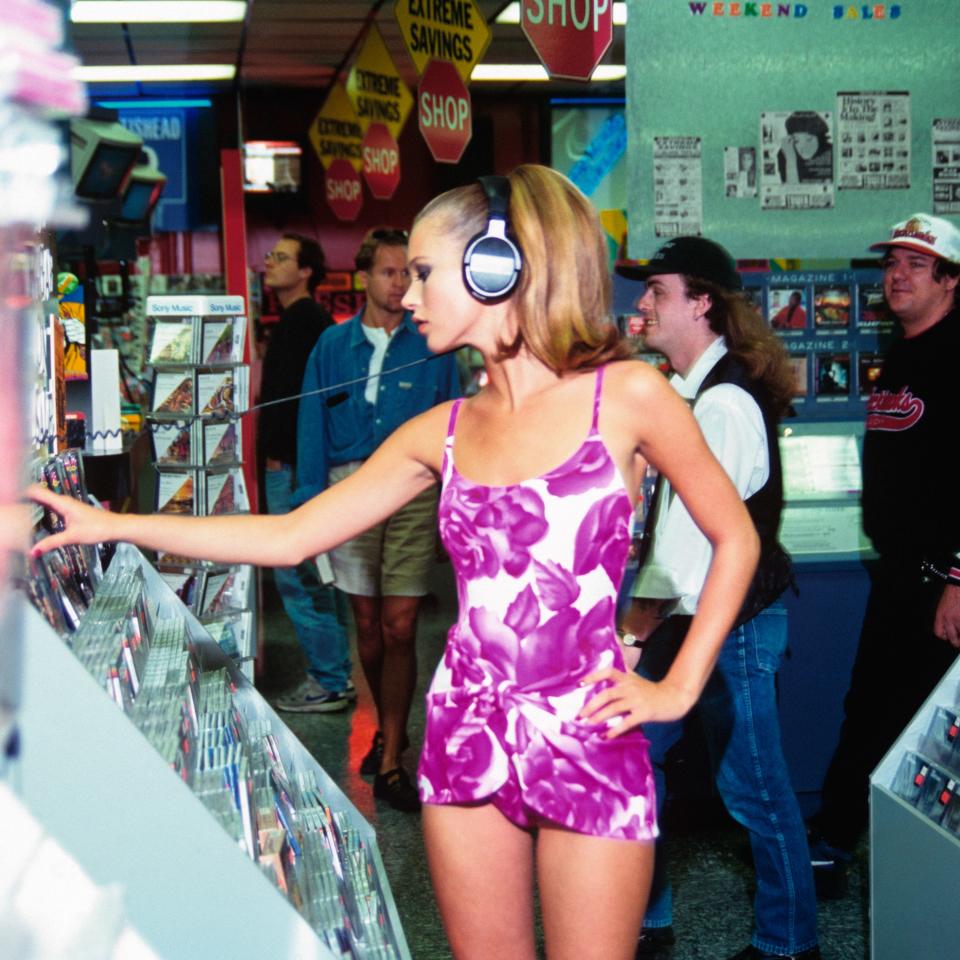Belle and Sebastian’s New Album May Hold the Secret to Solving Your “Human Problems”
“Warning: this record is not going to solve your problems,” says Stuart Murdoch, the lead singer and songwriter for the cult indie-pop band Belle and Sebastian. Murdoch is in Munich currently, a stop on the band’s tour for their latest musical effort, a trio of EPs entitled—wait for it—How to Solve Our Human Problems.
Call it humility, something that has penetrated the Scottish group’s music for the last two decades, along with a great sensitivity for the self that comes with analyzing youth—“There is something golden about the recklessness of the time before wisdom,” he says—as well as all the highs and lows, in love and in health, that adulthood inevitably brings to everyone, including Murdoch, who has been vocal about personal ailments such as chronic fatigue syndrome and depression. It’s the latter that brought Murdoch to a biweekly Buddhist class in his native Glasgow, where he discovered the book after which he would eventually name his forthcoming record. “[The monks] were making such valid philosophical points—it changed me pretty fast,” says the 49-year-old musician and filmmaker. “It’s unusual to walk into a room and walk out of a room and say, ‘I think that as well, and will from now on.’ ”
The Buddhist book How to Solve Our Human Problems is by the Nepalese monk Geshe Kelsang Gyatso, whose job was to rewrite and interpret ancient writings for modern Europe and the U.S. in the ’70s. In it, Gyatso includes the first noble truth. “After Buddha thought about it for a while, he realized that if you acknowledge that suffering is all around, then it’s possible to do something about it,” he says, recalling the essential lesson of maintaining internal control, an empowering idea for those who suffer from anxiety. “[Buddhists] believe this is what we’re here for, to find a pathway out of suffering [towards] enlightenment.”

And while a turn on this record may not lead you to enlightenment, with topics such as anxiety, fear, racism, and geopolitics, and lyrics like, “It’s tough to become a grown-up, put it off while you can, I’ll tell you that when you land in the real world, it’s like quicksand” in “I’ll Be Your Pilot,” the single off the second EP that Murdoch wrote for his two sons, it will certainly get your mind and body going. In fact, if Belle and Sebastian’s early bedroom sound eventually found a place on the dance floor, cemented by their last album Girls in Peacetime Want to Dance, then How to Solve Our Human Problems belongs in the yoga studio, or the wide-open wilderness. It’s a perfect soundtrack, especially the songs “We Were Beautiful,” and “Everything Is Now,” the latter of which comes in two parts, for a meditative stroll, say, in a snowy German town like Munich.
“We just got back from a lovely walk in an English garden that [had us] following the river in the snow,” he says of the band’s travel day, which comes after four consecutive gigs a night. It’s not dissimilar to other days off for Murdoch, who vowed to keep up his practice while on this tour. “Tonight, I’ll switch everything off [after] talking to my kids back home and meditate a bit,” he says, recalling the dream he had of his boys the night prior which left him yearning to see them. “Luckily, you can find a quiet spot anywhere if you try.”
“Any other pieces of wisdom the band leader can bestow on his listeners?” this Vogue writer asks. Murdoch points to the third EP’s second to last track, “There Is an Everlasting Song,” which is sonically simple and upbeat, a chasing rhythmic section mostly made up of an acoustic guitar and a steady snare, but lyrically quite contemplative. In it, Murdoch sings: “There is a sadness all around, it’s bigger than the news, from this you cannot run/A woman’s magazine, a column in the mail, can help you now, can’t help you now.” What he means, he explains, is that suffering is always happening, but what’s most important is how you react to it. “Try not to be fearful and angry but rather focus on staying positive. Change things by starting with yourself.” How? “By being nice to the person who is next to you, whoever that person is, whatever they look like, whatever sex they are, whatever inclinations they have, if you’re nice to the person next to you, it will have a domino effect that will, eventually, solve our human problems.” Figures, as the last song on the hour-long box set is aptly called “Best Friend.”


